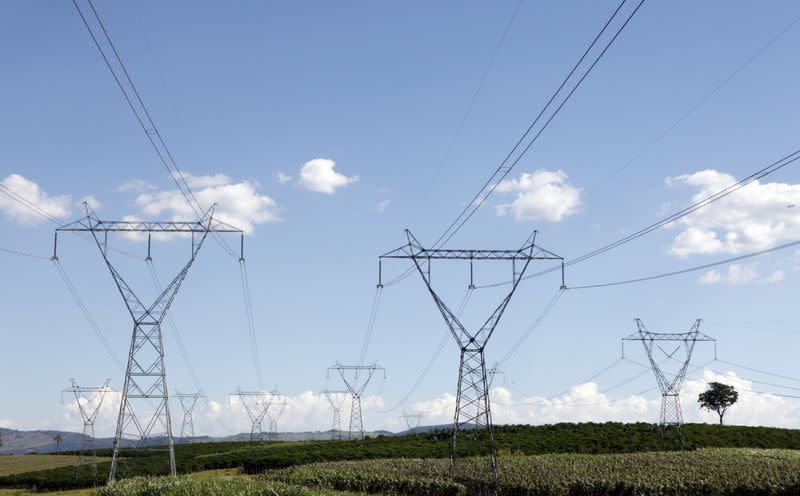Brazil tightens rules to renew energy distribution concessions

(Reuters) - The Brazilian government issued on Thursday tighter guidelines for the extension of energy distribution contracts, easing the advanced cancellation of concessions and allowing the country to limit pay out from firms that do not comply with the rules.
The energy ministry has been working since 2022 on the guidelines, which affect international energy groups such as Italy's Enel and Portugal's EDP, as they are among the 20 concession contracts expiring by 2031 - the guidelines timeframe.
The new rules are aligned with government hopes that tightening the enforcement for distributors would force companies to provide better services, after climatic events in Brazil left millions of people without power in some big cities in the last few months.
"In case of non-compliance with the contract, we are allowing the early expiration of the concession or an intervention", energy minister Alexandre Silveira told journalists at an event to present the guidelines in Brasilia.
The launch of the guidelines was delayed about five months from its previous deadline.
(Reporting by Leticia Fucuchima and Roberto Samora in Sao Paulo; writing by Andre Romani; Editing by Aida Pelaez-Fernandez and Diane Craft)

 Yahoo Finance
Yahoo Finance 